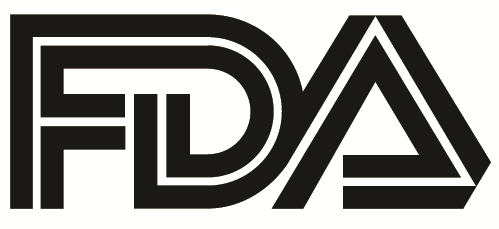Article
FDA Approves New Once-Daily HIV Treatment
Author(s):
Isentress HD (raltegravir) is a new dosage of previously approved treatment.

The US Food and Drug Administration has approved Isentress HD (raltegravir), an oral integrase inhibitor for the treatment of HIV-1.
According to a Merck statement, Isentress HD is now approved as a once-daily 1200mg dose of the company’s integrase inhibitor Isentress, administered via 2 600mg film coated tablets. It can be taken with or without food and in combination with other therapies for HIV-1 infection in adults and pediatric patients who weigh at least 40kg (88.2lbs) who are treatment-naïve or whose virus has been suppressed on an initial regimen of twice-daily 400mg doses of Isentress.
“Isentress has been used as a component of treatment regimens for patients diagnosed with HIV-1 for almost a decade,” said Dr Michael S. Saag, associate dean for global health, and director of the Center for AIDS Research at the University of Alabama at Birmingham School of Medicine. “The addition of a convenient once-daily version with a comparable efficacy and safety profile at 48 weeks to the existing twice-daily version of Isentress provides physicians with a new therapeutic option for some patients with HIV-1 infection.”
The approval is supported by data from the phase III ONCEMRK trial. At week 48, 89% of treatment-naïve HIV-1 infected patients receiving a 1200 mg dose of Isentress HD once a day achieved viral suppression of HIV-1 RNA, compared to 88% of patients receiving 400 mg doses of Isentress twice a day, each in combination therapy with emtricitabine and tenofovir dosoproxil fumarate, with a treatment difference of 0.5%, and a 95% confidence interval of -4.2, 5.2. Results were consistent across demographic groups at initiation of therapy and a variety of patient populations, including those with high viral load.
Isentress and Isentress HD do not cure HIV-1 infection or acquired immunodeficiency syndrome (AIDS), according to the statement, and can cause severe, potentially life-threatening and fatal skin reactions including cases of Stevens-Johnson syndrome, hypersensitivity reaction and toxic epidermal necrolysis.
In the ONCEMRK trial, through 48 weeks, the rate of discontinuation of therapy due to adverse events was low (1% in patients receiving Isentress HD 1200mg once daily and 2% in patients receiving Isentress 400 mg twice daily). There were no clinical adverse reactions of moderate to severe intensity occurring in greater than or equal to 2% of patients in either treatment group. Clinical adverse reactions of all intensities occurring in greater than or equal to 2% of patients on Isentress HD or Isentress included abdominal pain, diarrhea, vomiting, and decreased appetite. Treatment-emergent viral mutations leading to any drug resistance were detected in less than 1% of those treated with Isentress HD once daily.
“Because of improvements in the effectiveness of antiretroviral therapies and with appropriate access to care, HIV infection can now be managed as a chronic disease,” said Carl Schmid, deputy executive director of the AIDS Institute. “For people living with HIV, having a wide range of effective therapies is important because it provides options to fit patients’ individual needs and lifestyles.”
Isentress HD will cost the same as Isentress twice daily, according to the statement. It is expected to be available at pharmacies in about a month.





